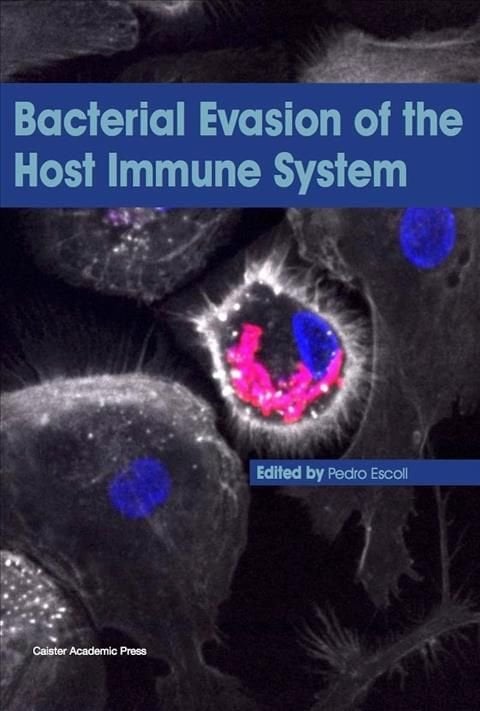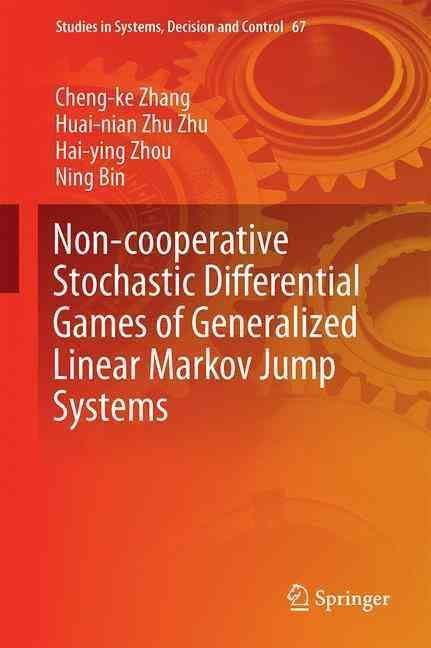Infectious diseases continue to be a major threat to human health with predictions that these will account for one of five deaths globally over the coming decades. The worrying rise in antibiotic resistance in bacterial pathogens only serves to exacerbate this situation. Many pathogenic bacteria have evolved an array of sophisticated mechanisms to evade the host’s immune response: some even exploit host functions to avoid detection by immune cells. Understanding the mechanisms of this subversion is critical for the understanding of bacterial pathogenesis and could be used for the development of novel antibacterial strategies. In this volume expert authors critically review the most important current research in this exciting field. Topics include: the seven most important bacterial secretion systems; within-host envelope remodelling; subversion of macrophages; pathogen manipulation of host autophagy; mechanisms involved in sensing and restriction of bacterial replication; mechanisms of evasion by Salmonella; evasion strategies of mycobacteria; and role of Cyclic di-GMP in virulence and evasion of plant immune systems. This text is essential reading for everyone involved in bacterial pathogenesis research and an invaluable reference work for those working in fields as diverse as medicine, biotechnology, agriculture, food and industry. A recommended acquisition for all microbiology laboratories.












